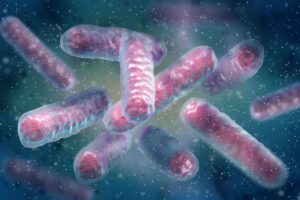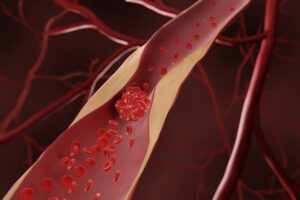obesity
Video
Karl Alex Hedin (Technical University of Denmark) talks about the potential role of genetically engineering Saccharomyces boulardii to produce an anti-obesity peptide.
Gastroenterology
The findings of a recent study suggest that the gut microbiota contributes to improve metabolic health after gastric bypass surgery.
Gastroenterology, Nutrition
Specific gut bacteria and/or metabolites could be responsible for the differential responses to weight management.
Gastroenterology, Pediatrics
The findings of a new study suggest that mycobiome maturation and infant growth trajectories are linked.
Endocrinology, Gastroenterology
The findings of a new study indicate that gut commensals may contribute to obesity through the overproduction of microbe-derived lipids.
Gynecology
The findings of a new research suggest that obesity-induced changes in the vaginal microbiota can affect the immune responses against viral infection.
Cardiology, Gastroenterology
A recent study provides evidence for the beneficial effects of GMD and the gut commensal bacterium P. merdae against obesity-related atherosclerosis.
Industry
The acquisition is the culmination of a strategic partnership initiated in 2020 to accelerate the development of yeasts for sustainable production of fermented ingredients.
Industry
Digbi Health is enrolled in Novo Nordisk's Global Prevention Accelerator Program for the prevention of obesity and related cardiometabolic conditions.
Endocrinology
New research in mice suggests that two MACs, L-arabinose and sucrose, have specific effects on gut microbes that may prevent diet-induced obesity.











